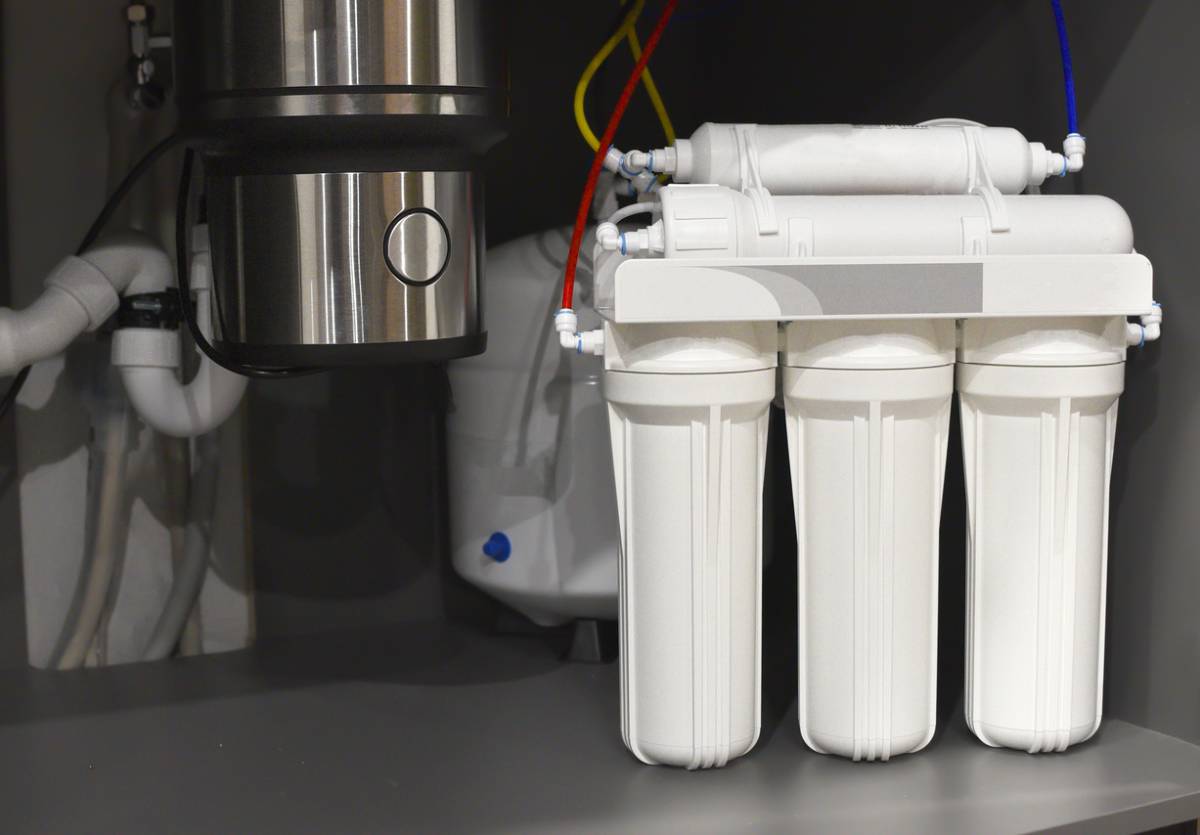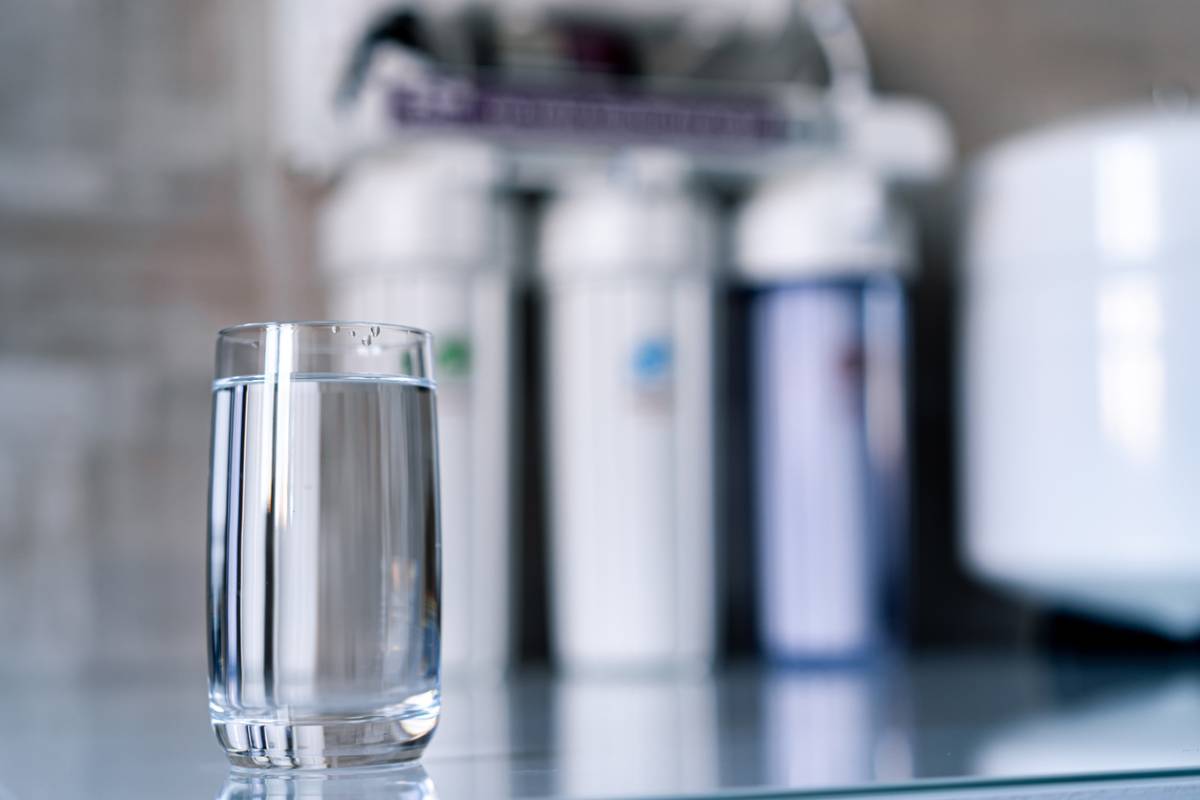Water filters are an integral part of every beverage machine. Regular replacement of those filters is necessary for the future of your business. This is because cleaning and maintaining your beverage equipment can save you a lot of time and money in the long run. Alternatively, there are serious risks associated with avoiding replacement. Below, you will find the importance of regularly changing water filters.
Importance of Regularly Changing Water Filters
Every food service business understands the importance of providing high-quality, safe food. Beverages are an important part of every restaurant’s business. Consider the following reasons for regularly changing the water filters in your beverage equipment.
Improves Equipment Efficiency
Commercial beverage machines are expensive. They are also an integral part of so many food service establishments. Regularly changing water filters is essential to maintain the equipment. Commercial water filters are critical when it comes to the overall function of the equipment. These filters remove harmful minerals and sediments from the water supply. When filters are not used, buildup occurs, which will, in turn, lead to corrosion, which can impact the filtration system and several other parts of the machine. Regular filter replacement ensures that your equipment runs effectively.
Extends Lifespan of Equipment
Avoiding changing the water filters from your beverage machine can lead to serious damage. Using old filters for too long can lead to sediment buildup and corrosion, which can impact the water filtration system. It can also impact other parts of the beverage machine and dramatically reduce the lifespan of your machine. The time spent repairing or replacing the machine can impact your business. Patrons prefer fountain drinks over bottled and canned beverages. Regularly changing the water filters in your system can reduce unnecessary wear and tear and ultimately lead to a longer-lasting beverage machine.
Improves Product Quality
Providing patrons with top-quality beverages is necessary for your business. A fresh, crisp fountain beverage is expected when going out to eat. The quality of water used to make the beverage impacts the taste of the drink. Regularly changing the water filters is essential for the quality and taste of drinks served by your business. Without doing so, the drink can taste bad due to contamination from chlorine, sediments, and other impurities. Ensure your drinks taste fresh by regularly changing the water filters.
Health Regulation Compliance
Every establishment that serves food or beverages is accountable to local health and safety regulations. There are stringent requirements that can lead to costly fines for non-compliance. Not only can you be charged fines, but you may also be shut down if the offense is great enough. Contaminated water can lead to health hazards and foodborne illnesses, which can have a serious impact on your patrons and your business. Regularly changing the water filters in your beverage machines can help you avoid some water-related contamination issues.
Cost-Effective Investment
Cutting costs is a priority for any business. The more you can make on every dollar, the better your bottom line will be. Nevertheless, certain areas are not worth cutting corners on. Water filtration is one of them. Regularly changing and cleaning the water filtration system is an investment in your business. It can save you time, money, and a massive headache in the long run. Avoid the potential health and functionality costs associated with leaving your water filters in for too long. It can impact the quality of your products and potentially pose risks to your patron’s health.
Beverage Equipment Supplier in Los Angeles
If you are in the food services industry, consider working with the team at SC Beverage. They are the top beverage equipment supplier in Los Angeles. They have worked with businesses large and small. Contact their team today for more information!








